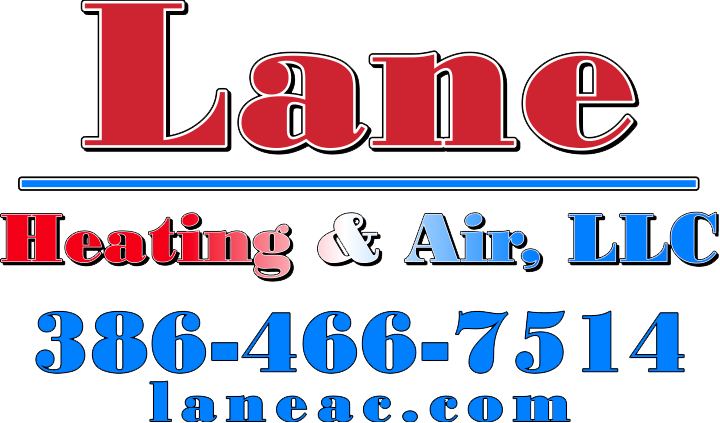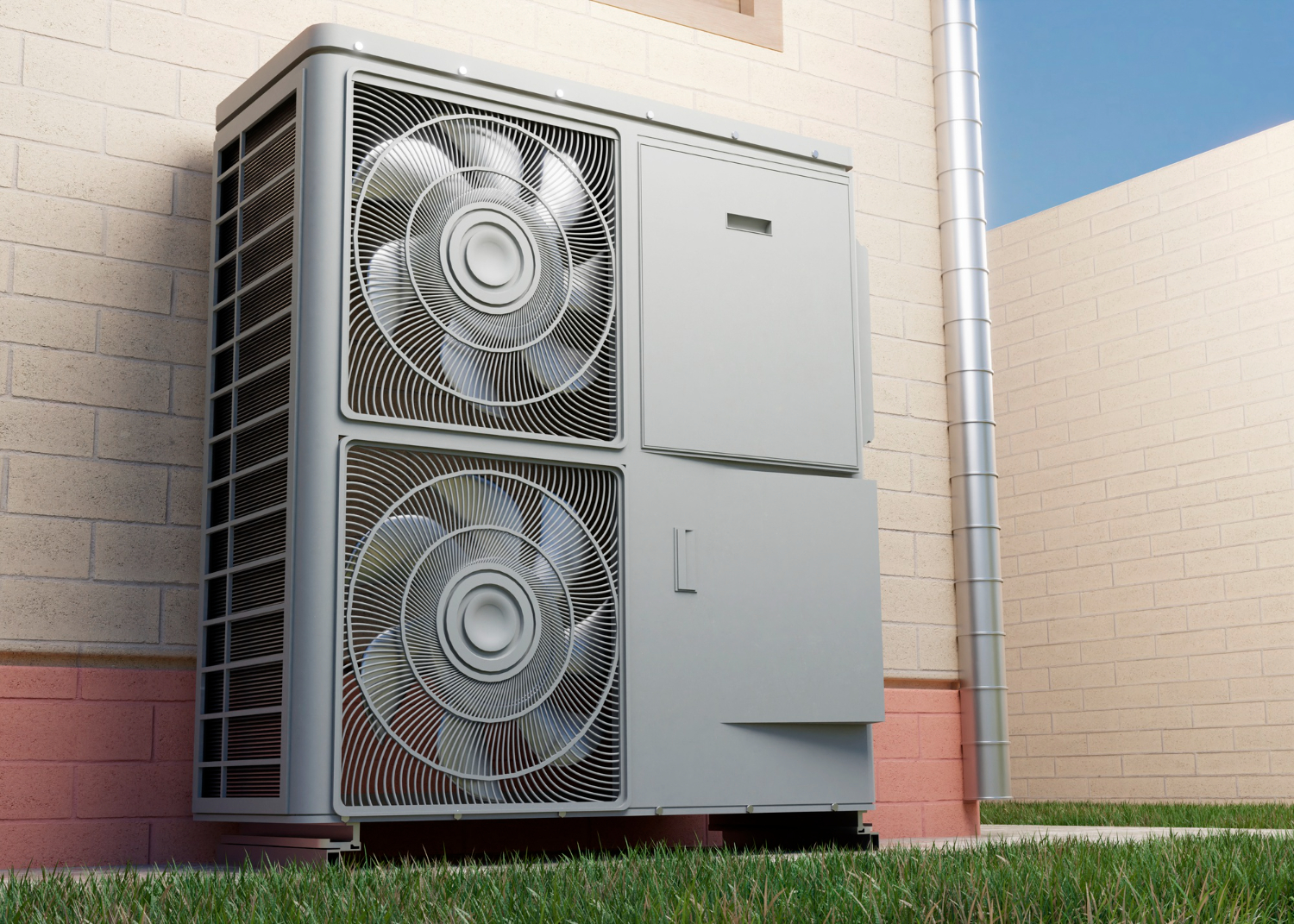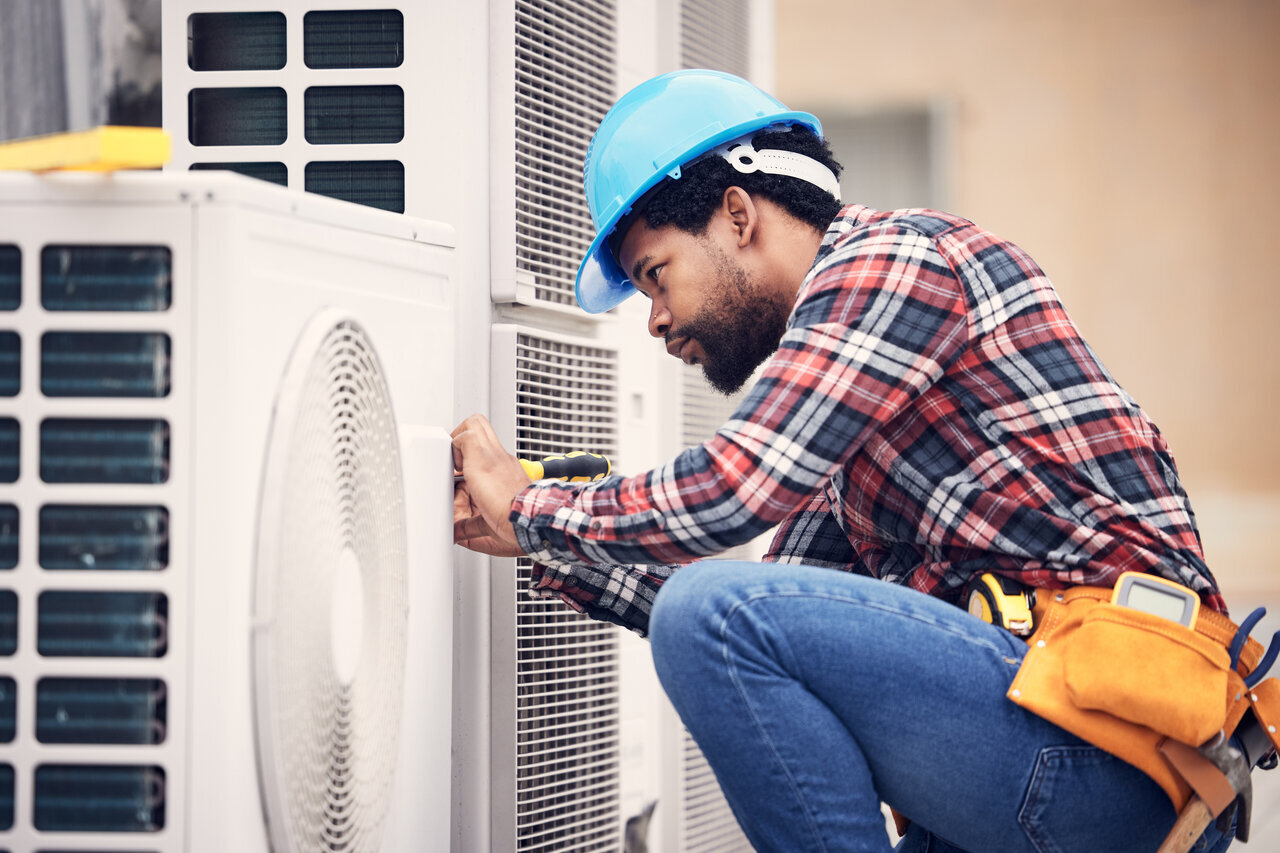When it comes to maintaining a comfortable home in Lake City, investing in an efficient and reliable HVAC system is essential. Heat pump systems offer numerous advantages that make them an excellent choice for homeowners. These systems provide both heating and cooling, ensuring year-round comfort while delivering energy efficiency and cost savings.
Energy Efficiency and Cost Savings
How Heat Pump Systems Save Energy
Heat pump systems are designed to be highly efficient. They work by transferring heat rather than generating it. During the winter, they extract heat from the outside air and bring it inside. In summer, the process reverses, moving heat from your home to the outside. This transfer method uses less energy compared to traditional heating and cooling systems, which generate heat through combustion or electrical resistance.
These systems adjust automatically to changes in temperature, ensuring minimal energy waste. Selecting an efficient heat pump system can lead to significant energy savings for your home.
Reduction in Utility Bills
A significant benefit of heat pump systems is the reduction in utility bills. By using less energy to heat and cool your home, you end up paying less in monthly electricity costs. Our technicians can help you choose the most efficient heat pump system for your household, ensuring you get the best performance without breaking the bank.
Regular maintenance by our professionals can further optimize your system’s performance. When your heat pump runs efficiently, you see the savings reflected in your utility bills.
Long-Term Financial Benefits
In the long run, investing in a heat pump system can yield substantial financial benefits. The initial cost may be higher than traditional HVAC systems, but the energy savings over time can offset this cost. Additionally, heat pumps generally have a longer lifespan, reducing the frequency and cost of replacements.
Our professionals can also help you understand any applicable rebates or incentives for installing energy-efficient systems.
Versatile Heating and Cooling Solutions
Year-Round Comfort
Heat pump systems provide both heating and cooling, offering year-round comfort for your home. They efficiently manage temperature changes throughout the seasons, ensuring your living space remains comfortable regardless of outside weather conditions. This versatility makes them a popular choice for Lake City homeowners.
Our technicians are skilled in installing and maintaining these systems, ensuring that your heat pump operates smoothly throughout the year.
Suitable for Various Home Types
Heat pump systems are incredibly versatile and can be adapted for various types of homes. Whether you live in a multi-family dwelling, a rural property, or a traditional single-family home, our professionals can design a system that fits your specific requirements.
Mini split heat pumps are particularly advantageous for homes without ductwork, as they offer a flexible and efficient solution for individualized room comfort.
Quick and Easy Temperature Adjustments
One of the standout features of heat pump systems is their ability to quickly and easily adjust temperatures. These systems respond rapidly to changes in temperature settings, providing immediate comfort adjustments. You won’t have to wait long for your home to warm up or cool down, making them highly convenient.
With modern heat pump systems, you can even control temperatures remotely using smart thermostats and mobile apps. Our technicians can install and configure these systems, ensuring you have the ultimate control over your home’s environment with just a few taps on your smartphone.
Environmental Benefits
Reduced Carbon Footprint
Heat pump systems contribute to a reduced carbon footprint. Traditional heating systems often rely on fossil fuels, which release carbon dioxide and other pollutants into the atmosphere. In contrast, heat pump systems operate using electricity and transfer heat rather than generating it, leading to lower greenhouse gas emissions.
By choosing a heat pump system, you play a part in reducing harmful emissions and protecting the environment, all while keeping your home comfortable.
Use of Renewable Energy Sources
Many heat pump systems can be integrated with renewable energy sources, such as solar panels. By pairing your heat pump with renewable energy, you can further minimize your home’s impact on the environment. This combination allows for an even more sustainable approach to heating and cooling.
Our technicians can assist with the installation and integration of renewable energy systems with your heat pump.
Enhanced Indoor Comfort and Air Quality
Consistent Indoor Temperatures
One of the key benefits of heat pump systems is their ability to maintain consistent indoor temperatures. Unlike traditional systems that can create hot and cold spots, heat pumps provide even, steady heating and cooling throughout your home. This consistency ensures that every room remains comfortable, regardless of external weather conditions.
Our technicians are experts in installing heat pump systems that evenly distribute air within your home.
Improved Air Quality Features
Heat pump systems often come with advanced air quality features that enhance your home’s indoor environment. These features include air filters that remove dust, pollen, and other allergens from the air. Enhanced air quality can lead to better health and comfort, especially for those with respiratory issues.
Our professionals can help you select a heat pump system with the best air filtration options for your home.
Quiet Operation for Peaceful Living
Another advantage of heat pump systems is their quiet operation. Traditional HVAC systems can be noisy, causing disruptions within your home. Heat pumps are designed to operate quietly, providing a peaceful and comfortable living environment.
Our technicians ensure that your heat pump system is installed with minimal noise interference. They will place the units in locations that reduce sound levels, allowing you to enjoy the benefits of a comfortable home without the disruptive noise.
Conclusion
Heat pump systems offer numerous benefits for Lake City homeowners, from energy efficiency and cost savings to environmental advantages and enhanced indoor comfort. By investing in a heat pump system, you not only improve your home’s comfort but also contribute to a cleaner and more sustainable environment.
At Lane Heating And Air, we have the expertise and experience to help you select, install, and maintain the perfect heat pump system in Lake City. Our professionals are dedicated to providing top-quality service, ensuring your system operates efficiently and reliably. Contact us today to learn more about how heat pump systems can enhance your home’s comfort and sustainability!




